Geoscience Reference
In-Depth Information
Table 9.1
original 12 members marked;
Russia was then the USSR, which included Ukraine)
SCAR
'
s National Members in 2010 (*
¼
Argentina *
Australia *
Belgium *
Brazil
Bulgaria
Canada
Chile *
China
Denmark
Ecuador
Finland
France *
Germany
India
Italy
Japan *
Korea
Malaysia
Monaco
Netherlands
New Zealand *
Norway *
Pakistan
Peru
Poland
Portugal
Romania
Russia *
South Africa *
Spain
Sweden
Switzerland
Ukraine *
UK *
USA *
Uruguay
electromagnetic
fields and waves). Things stayed that way for 20 years until Poland
and the Federal Republic of Germany joined in 1978. By 2010 SCAR had 36 member
countries and counted among its members nine of ICSU
'
s Scienti
c Unions, the
additional
five being IUGS for geological sciences, IUPAC for chemistry, IUPS for
physiological sciences, INQUA for Quaternary research, and the International
Astronomical Union (IAU).
With minimal staff and little money SCAR
s work can only be carried out through
unpaid groups of like-minded scientists who see how collaborations can open up
new horizons for them, both intellectually and in access to infrastructure.
Since its reorganisation in the year 2000, SCAR has focussed its efforts on a
limited number of major scienti
'
c research programmes that address signi
cant
topical issues over a 5
-
10 year period (
Table 9.2
). They are intended to make
signi
cant advances in our understanding of how the Antarctic region works, and its
role in the global system
in particular: documenting past change; detecting present
change; evaluating the environmental effects of change; attributing causes; and
improving the ability to forecast future trends. SCAR provides these major
programmes with limited funds to support the meetings and workshops needed
for them to succeed. In addition, but with fewer resources so as not to detract from
the overall focus, it supports other types of groups to work on speci
-
c scienti
c
topics chosen by the scienti
c community:
Action Groups
address speci
c matters
with a narrow remit and normally last only 2
4 years.
Expert Groups
address matters
on a longer time-scale. These various activities are managed by one or other of three
Standing Scienti
-
c Groups (SSGs) the members of which are appointed by national
academies; these are the SSGs on Life Sciences (SSG-LS), on Physical Sciences
(SSG-PS) and on the Geosciences (SSG-GS).
Table 9.2
represents, therefore, a




Search WWH ::

Custom Search